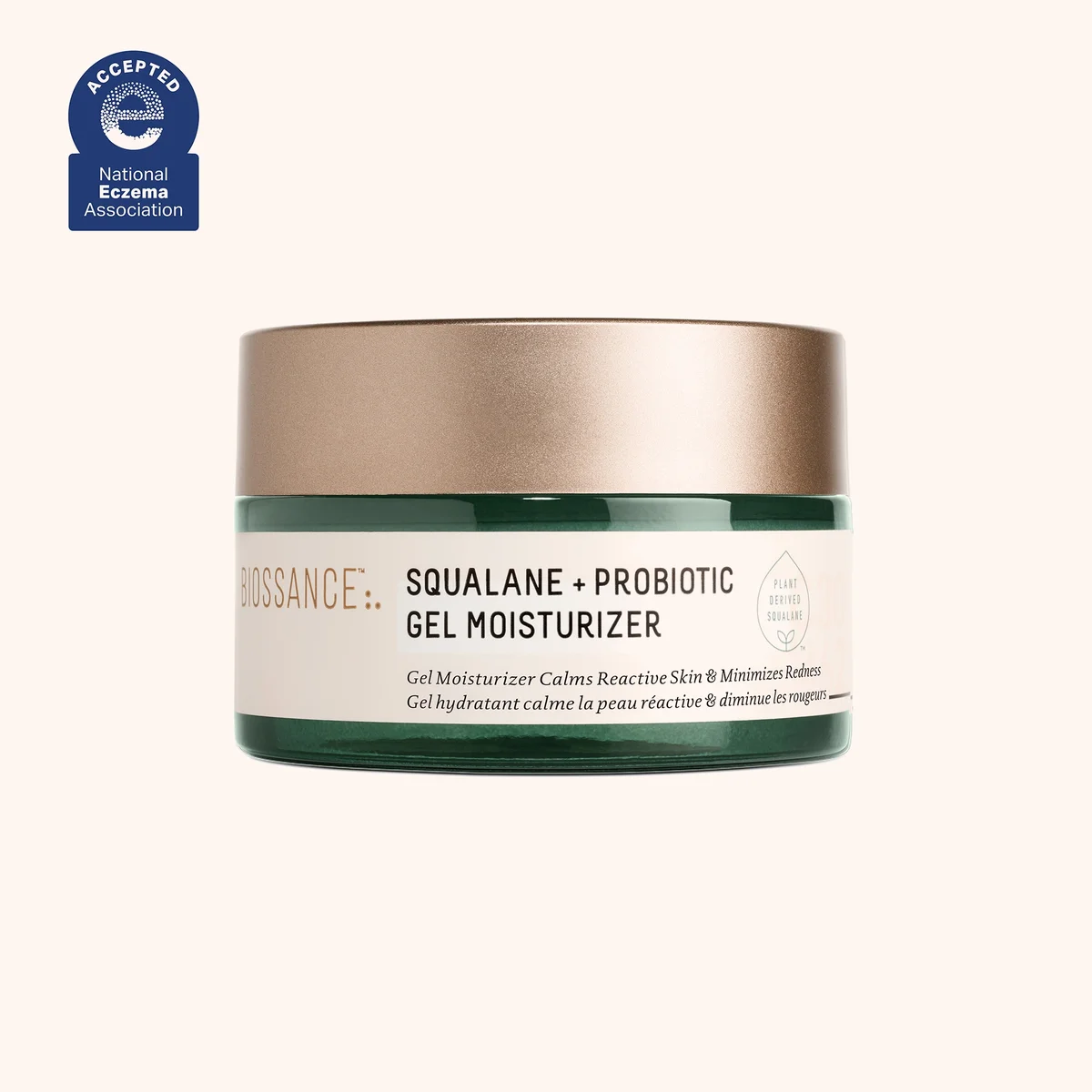A2102 Insights
Explore the latest trends and news on technology, lifestyle, and more.
Moisturizer Mayhem: Why Your Skin Deserves a Little Drama
Unravel the secrets of skincare chaos! Discover why your skin craves a little drama in this must-read moisturizer showdown.
The Science of Moisturizers: What Really Works for Your Skin?
Moisturizers play a crucial role in maintaining skin health, but understanding what really works can be challenging. At their core, moisturizers function by creating a barrier that locks in hydration and prevents water loss. There are three primary categories of moisturizing ingredients: occlusives, humectants, and emollients. Occlusives, such as petrolatum and dimethicone, form a protective layer on the skin, effectively sealing in moisture. Humectants, like glycerin and hyaluronic acid, attract water from the environment and deeper layers of the skin, while emollients, including various oils and butters, help to soften and smooth the skin's surface. Each type has its unique benefits and understanding their roles is essential for effective skincare.
Beyond the basic ingredients, the science of moisturizers also includes factors like skin type and environmental conditions. For instance, individuals with oily skin may benefit from lightweight, non-comedogenic formulations, whereas those with dry, sensitive skin should opt for thicker creams that provide additional nourishment. To make the most of your moisturizer, consider incorporating a routine that includes exfoliation and treatments tailored to your specific skin concerns. By doing so, you enhance the effectiveness of your moisturizer and promote a healthier complexion overall. With an informed approach, you can choose the right products that truly work for your skin.

5 Moisturizer Myths That May Be Ruining Your Skincare Routine
In the vast world of skincare, moisturizers play a crucial role in maintaining healthy skin. However, many people fall for common myths that can hinder their skincare routine. For instance, one prevalent myth is that moisturizers are only necessary for those with dry skin. In reality, individuals with oily or combination skin also need hydration to maintain a balanced complexion. Not using a moisturizer can lead to increased oil production or irritation, making it essential for all skin types.
Another myth that often circulates is that heavy moisturizers are more effective than lighter formulas. This misconception can lead people to believe that richer creams are the ultimate solution for hydration. However, the truth is that the effectiveness of a moisturizer isn't solely about its thickness; rather, it depends on its ingredients and how well it suits your skin type. A lightweight, hydrating gel may work wonders for some, while a thicker cream might be more beneficial for others. Understanding your skin's unique needs is key to finding the right product and reaping the full benefits of your moisturizer.
Is Your Moisturizer Giving You Skin Drama? Signs You Need a Switch!
If you've ever wondered, Is your moisturizer giving you skin drama?, you’re not alone. Many individuals experience unexpected skin reactions that can stem from their skincare products. Common signs that your current moisturizer might be causing trouble include redness, dryness, or increased breakouts. If your skin feels tight or looks flaky, it may be time to reconsider your product. Pay attention to how your skin reacts after application; if you notice any adverse reactions, it’s a clear signal that you need a switch.
Another indication that your moisturizer is causing skin issues can manifest as irritations or allergic reactions. If you find that some moisturizers leave your skin feeling itchy or burning, it is crucial to stop using them immediately. Look for signs such as peeling or excessive oiliness in the T-zone; these can also be red flags. Consider switching to products with gentle, hydrating ingredients that cater to your skin type, whether it be oily, dry, or sensitive.